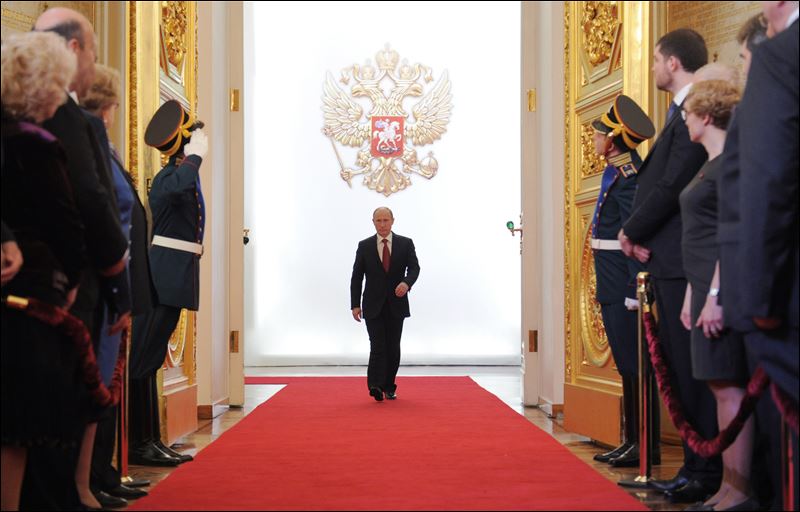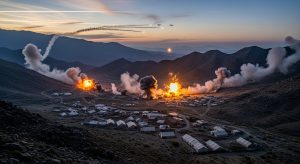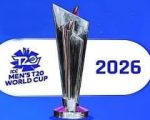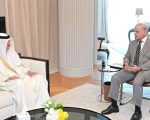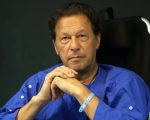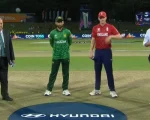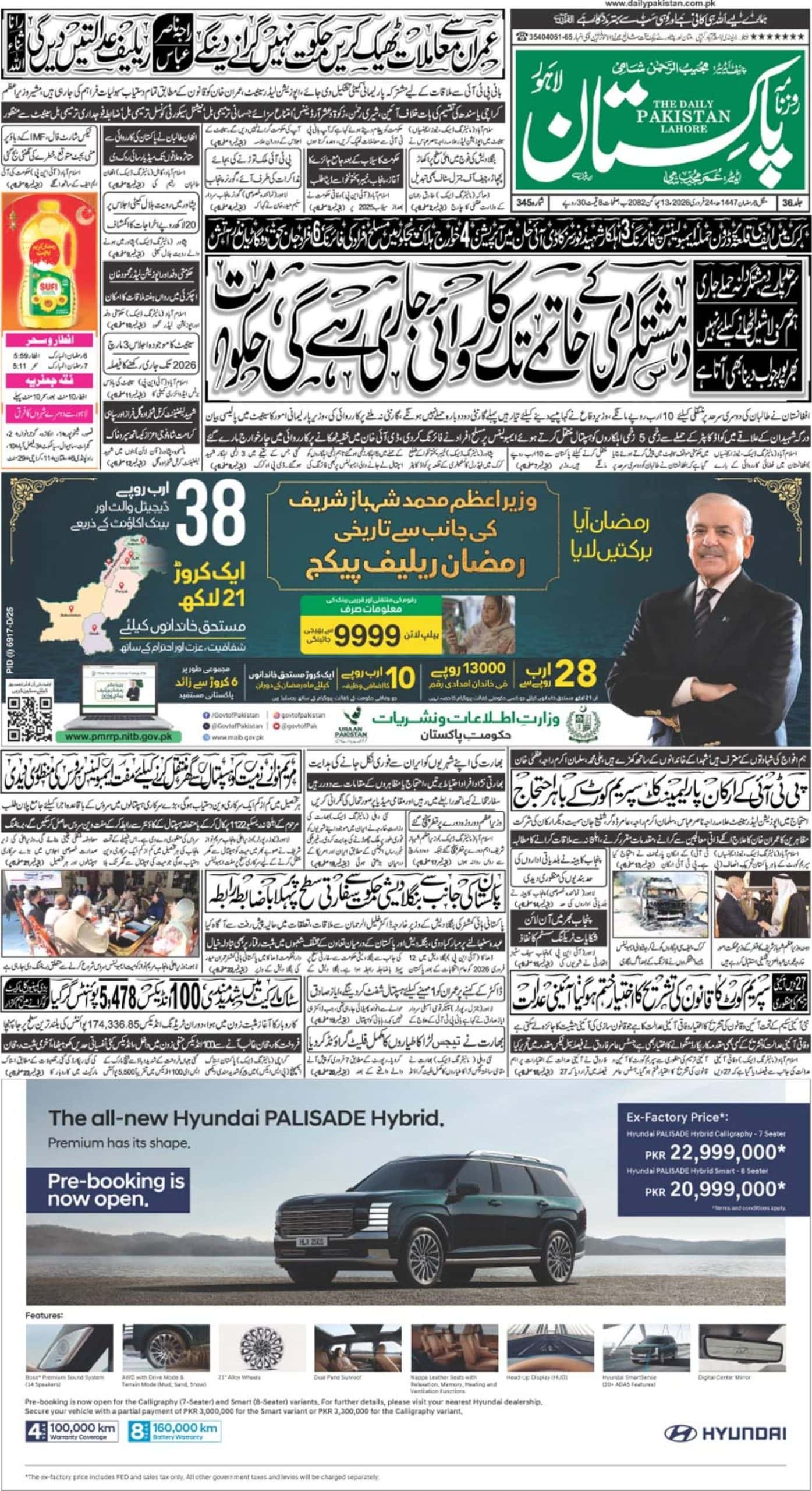Russia’s ritualistic presidential election begins on March 18. Though the 65-year incumbent president has nothing to worry, the run-off is planned for April 8 in case of a narrow margin amongst top contenders. Vladimir Vladimirovich Putin, the country’s second and fourth president, is set to win yet another term in the office. The semantics are well in place such as an assortment of challengers, electioneering process and so on. What’s missing though is a free press and right to live after expressing one’s views?
Alexei Navalny, the contender for the presidency in 2012, is languishing in jail for evading taxes. It’s largely believed that allegations are politically motivated as his anti-Putin movement exhibited potency and appeal alike. Putin is contesting against seven opponents with diverse political profiles amongst them all stands out the sole female aspirant for the Russian presidency. Ksenia Anatolyevna Sobchak has daringly stepped in against the former director of FSB (the renamed KGB post-Soviet breakup) and a family friend. Her father – Anatoly Sobchak – was Putin’s mentor back in mid to late-1990s while serving as Saint Petersburg. Ksenia carries her family’s glamor and political legacy forward through her stardom as a TV anchor and actress. She is rich and courageous.
“I am contesting elections for the presidency,” she told BBC, informing Putin of her bid. “He said it’s your right and your responsibility,” he answered. Ksenia shivers when revisiting Putin’s response to her. Braving personal intimidation, she is reaching out to the terrified electorate, 20 million of whom earn $180 a month and live below the poverty line.
With Navalny behind the bars, Ksenia is met with suspicion. His supporters allege her of betraying people by validating the electoral process. The socialite sees it differently. “I am not contesting the election to win but to be heard,” she said in an interview.
What takes precedence: the people or pride?
Like Putin himself, Russians generally see democracy as a western concept. Only unfair it will be to generalize an idea about 145 million-strong populace. The urban youth did follow Navalny but majority considers Putin their ultimate leader. Since December 31, 1999, he has overseen an entire generation grow. They can’t imagine Russia without Putin. Their parents may not necessarily agree. Life has been harder for Russian owing to fallen petrochemical prices and extended military engagement of the Kremlin.
For the nationalists, Putin has been a hero who has worked tirelessly for the revival of the Soviet empire. From South Ossetia from Georgia to Crimea from Ukraine, Moscow has gained ground. Russia’s revival of military might in Syria which came at a heavy price tops all his achievements, nonetheless. Besides carpet bombing two Middle Eastern countries, Russia could also interfere in the US elections to see Donald Trump in the White House.
Though he is not campaigning like his rival candidate, he did address the outside world. “No one listened to us. You listen to us now,” Putin stated while cleaning ever more sophisticated nuclear weapons in his arsenal. The chest-thumping exercise brought home the nostalgic memories of superpower status. Moscow lacks the financial base as well as requisite military technology to revive the Soviet Union in one form or the other. The recent ‘victories’ on the geopolitical front have brought hope to amongst the average Russians that Putin is in on the right course to restore the lost pride. The Sochi Winter Olympics and 2018 Fifa World Cup fit right in the narrative the former Soviet spymaster has been pushing. Nonetheless, the president controls the once furious media. Russia Today and Sputnik are 24×7 and in over a dozen languages. For the same reason partly, Moscow has ‘won’ the war on Ukraine and annexation of Crimea, invested the military assets heavily in Syria with dead soldiers being brought home at regular intervals. The western sanctions served him in person while a common man confronted inflation.
If not more, the Russian leader will register a victory with 80 percent votes. With the US already divided over Moscow’s alleged interference in the 2016 elections, what appears to be Putin’s final term in office may lead to ever more assertive internal and external policies. Dissent will be the victim number one, followed by NGOs and foreign media outlets.
The Kremlin’s anxiety over NATO’s eastward expansion has resulted in attempts to ignite communal violence in countries and prop up ultra-nationalist narrative there. Besides the Facebook, Instagram, Twitter and whatever else is available, the electoral process requires efficient manpower able to work in unison from the day one.
The backdoor superpower: real or sham?
Russia’s president has been looking at the world with his own order in mind. Globalization to him means greater Russia influence on matters concerning beyond trade. Neither Moscow is an economic powerhouse, nor Putin aspires it to be one. Transnational security and economic bloc are and will continue to be his prime targets. The rise of Trump to power has significantly advanced his agenda, especially when the US president decided to withdraw from the Paris Accord and Trans-Pacific Partnership. The UK’s referendum resulting in leaving the European Union was a historic win. The recent elections in Italy are another development along the same lines. Turkey’s distancing from NATO definitely propels his agenda against collective security. The Kremlin needs more cracks in the EU for it to regain access to the Baltic Sea. Kaliningrad, Russia’s exclave on the Baltic shores is no more accessible via the land route through Poland and Lithuania. Thus, the next six years may see greater power play in the Baltic states.
Putin’s strategy has been paying off without much expense. The clever and deceitful use of social media and lacunae in the democratic systems to its advantage, eventually creating or enhancing mistrust in the state institutions. Employing means at cost negligible than using military might, Moscow will continue to hurt the status quo through chaos and deception. Take the example of Syria, how adversely have the UN, NATO and Arab League been hit as Russia continues its cold blood rampage across the heart of Middle East.
The Obama presidency indirectly helps the team Putin, through sheer incompetence in Afghanistan, Iraq and Syria. He let strategically important peripheral countries like Belarus, Moldova and Armenia slide back into the Russian fold. The fake red line against Assad’s use of chemical weapons depleted the global confidence in the US while Russia’s veto at the United Nation continually hemorrhaged the world order.
The weakness of the anchoring empire — the United States – led the countries to pursue more nationalistic approach. There emerged populist leaders in Europe and elsewhere, including Japan and India.
With Putin’s definite victory, the world will see more of disruption in the status quo i.e. the world order to the benefit of Russia and not the anarchist and revivalist states like Iran, India or Japan. While the Internet remains the platform for manipulation of facts and narratives, Moscow will revive its technological muscle by plugging the sophistication gap and showcasing the arsenal Putin referred to in his March 1 speech. The rise of China may well prove the anchor of global stability but does fit in the Russian Czar’s vision of a new world order which takes the luster off the West.

